Call to book or for more information 01444 410944
Irritable Bowel Syndrome
What causes wind? And other embarrassing questions answered
Uncomfortable problems such as constipation, wind and diarrhoea are something that we all experience from time to time, yet most of us are too embarrassed to talk about them. Since it’s IBS Awareness Month I thought I’d give you a bit more information about these essential aspects of your gastrointestinal health.
Here are a few common problems and what you can do about them if they’re more than just an occasional occurrence for you.
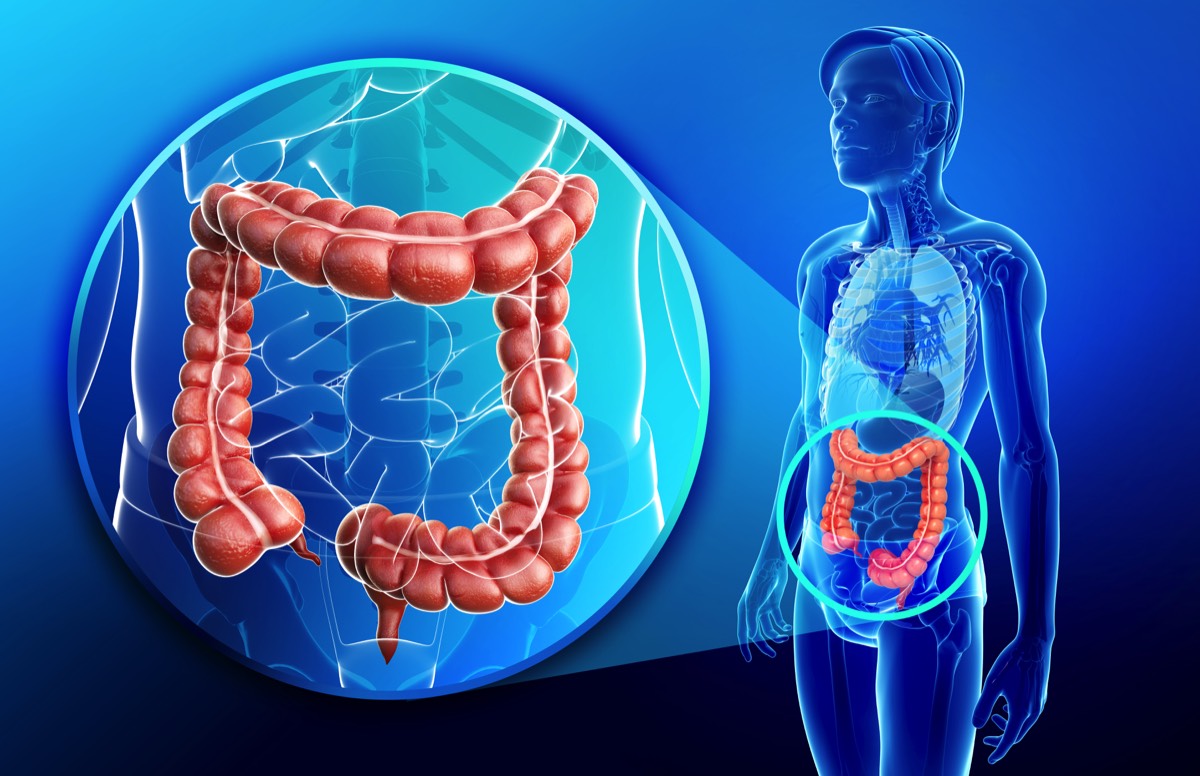
What causes wind?
1 in 10 visits to a UK GP relate to a digestive complaint and the most common symptoms are pain and bloating - where the abdomen feels full and tight. Intestinal gas usually goes hand in hand with bloating. One of the most common reasons for excess wind is undigested food. Low stomach acid and/or a lack of digestive enzymes can result in undigested food passing through the intestines – bacteria then go to work on the undigested food and generate gas. Eating on the run, eating too quickly and stress can all get in the way of good digestion and so can contribute to excess gas in the same way. Some foods and drinks are more likely to produce gas too, so watch your intake of foods such as beans, chickpeas and lentils, cabbage, broccoli, Brussels sprouts and sugar alcohols found in sugar-free foods (sorbitol, mannitol and xylitol) and carbonated drinks and beer if you’re suffering from bloating and wind.
How you can help wind:
• Try natural plant digestive enzymes to support healthy digestion
• If your stomach acid is low you can supplement with Betaine HCl with added pepsin.
• Supplement with high quality probiotics to support beneficial bacteria
• Make more time for meals and chew your food properly
• Relax and de-stress
• Minimise intake of gas-forming foods such as beans, lentils, cabbage and alcohols found in sugar-free foods and carbonated drinks and beer.
What causes constipation?
Constipation is an uncomfortable and common condition that affects people of all ages. It can mean that you are not passing stools regularly or you’re unable to completely empty your bowel. It can also cause stools to be hard and lumpy or unusually large or small. Constipation can come and go quickly or can be a longer lasting more chronic condition. Common causes are dehydration, lack of fibre in the diet, low magnesium, inactivity and stress.
How you can help constipation:
• Increase intake of fibre-rich foods such as oats, barley, wholegrains, fruits and vegetables, nuts and seeds.
• Drink more water
• Move more – regular exercise helps to support bowel motility
• Supplement with psyllium husk fibre, apple pectin and pureed papaya to support regular elimination
• Boost your magnesium levels with magnesium in the form of glycinate.
What causes diarrhoea?
Diarrhoea is a problem everyone is familiar with and is characterized by abnormally loose or watery stools. It can be acute, persistent or chronic. Common causes include infection with bacteria, parasites or viruses, food intolerance, lack of beneficial bacteria, medication or stress. It can also be a symptom of more serious underlying conditions such as inflammatory bowel diseases, Crohn’s disease or ulcerative colitis. Dietary factors such as low soluble fibre can cause diarrhoea too.
How you can help disrrhoea:
• Drink plenty of water – diarrhoea can soon cause dehydration. You may also need to replace electrolytes (sodium, chloride & potassium) if it persists
• If bacterial or parasite infection is at the root cause you can try natural anti microbial agents such as berberine, grapefruit seed, garlic, black walnut, oregano oil and caprylic acid.
• Increase sources of soluble fibre such as oats, barley and rice.
• Supplement with high quality probiotics to support beneficial bacteria
• Consider whether food intolerance could be at the root cause. Lactose intolerance is a common cause of persistent diarrhoea.
All the supplements mentioned in this article are available from Nutri on 0800 212 742 but are better specifically diagnosed from a nutritional consultation which is available at The Perrymount Clinic. If you would like a consultation with Christian Bates using the “Avatar” device then please call 01444 410944.
You can read more about the Avatar and how it can help you by clicking this link
If you would like to book an appoinment with one of our osteopaths please give us a call on 01444 410944 or leave us a few details below and we will be in touch with you shortly
Feel free to download any of our self-help and educational e-books, just click the link below
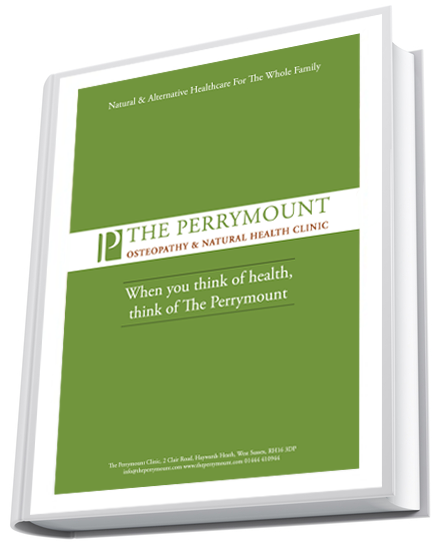
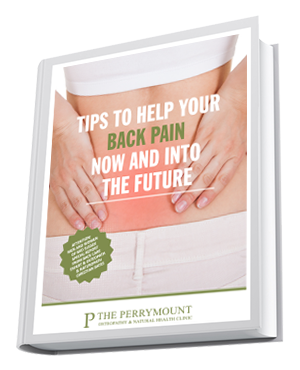
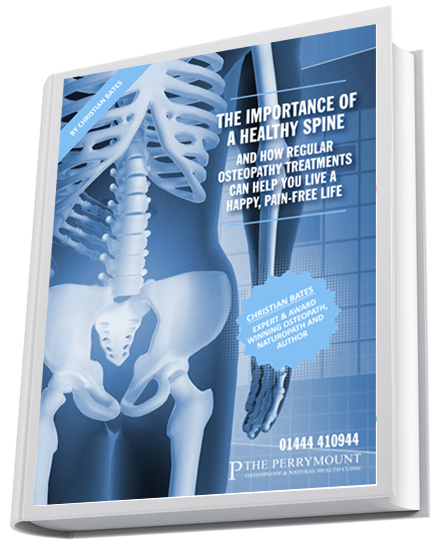
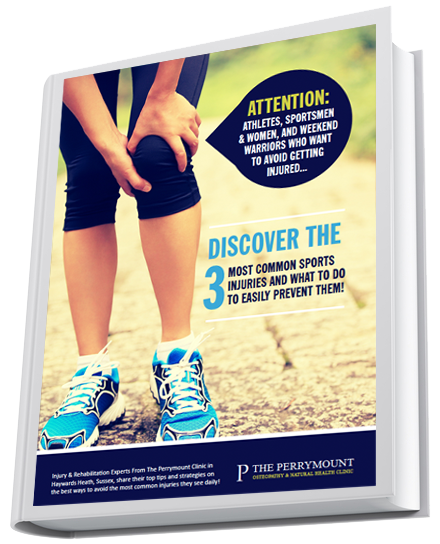
Sign up to our newsletter for 6 free health ebooks and £100 of treatment vouchers
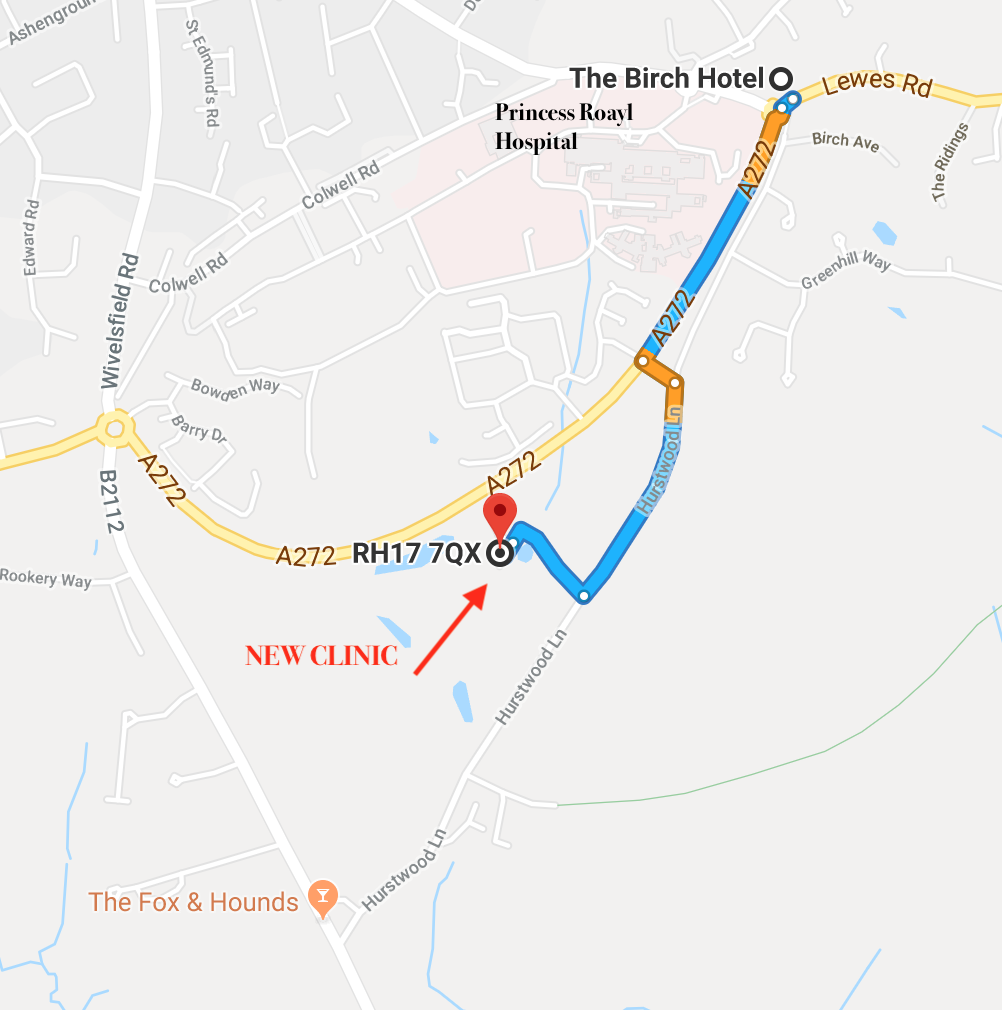
The Perrymount Clinic
Unit 5
Hurstwood Grange
Hurstwood Lane
Haywards Heath
West Sussex
RH17 7QX
01444 410944
info@theperrymount.com




